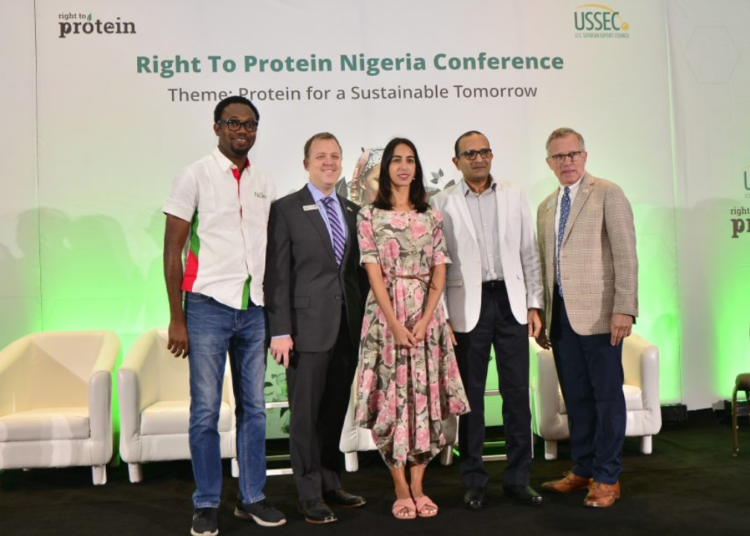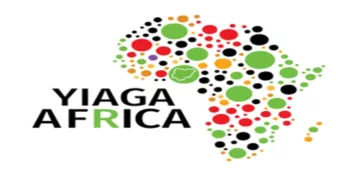Nutrition experts have tasked Nigerians to consume at least 53.8grams of protein-rich foods to prevent malnutrition, ensure productivity and sustainability for the future.
The pool of nutrition experts, who lent their thoughts at the Right To Protein Nigeria Conference, held in Lagos, said nutrition is a critical part of health and development, adding that people with adequate nutrition are more productive and can create opportunities to gradually break the cycles of poverty and hunger.
In his welcome address, regional director, South Asia and Sub-Saharan Africa, U.S. Soybean Export Council (USSEC), Kevin Roepke, revealed that protein has been an essential part of human diets; however, due to the ever-rising population, the demand for protein is increasing exponentially. “Ensuring access to adequate and nutritious food for every individual is a fundamental human right. Unfortunately, millions of people worldwide still suffer from malnutrition and lack access to a diverse and balanced diet. By focusing on protein sources that are sustainable, affordable, and accessible, we can make significant strides towards achieving nutrition security for all,” Roepke explained.
In her keynote presentation, the current acting head of the Department of Human Nutrition and Dietetics at the University of Osun (UNIOSUN), Dr. Olubukola Omobuwa, explained that malnutrition is known to contribute to about 50 per cent of deaths among children under the age of five in Nigeria. Highlighting the importance of proteins to human beings, Omobuwa urged Nigerians to take in at least 53.8g of protein daily as recommended by Food and Agriculture Organisation (FAO); adding that complete proteins are those which contain all essential amino acids, such as animal products, soy, and quinoa.
Besides its numerous health benefits, protein consumption contributes significantly to economic development by promoting sustainable farming practices and supporting small-scale farmers can boost productivity, generate income, and thus contribute to improved lives and livelihood and poverty reduction, Omobuwa disclosed.
“Protein consumption can also promote food security by causing an increase in demand and diversifying protein sources beyond the traditional options to reduce reliance on a few staple crops and so mitigate the risks of crop failure due to climate change or pests.
„Other ways of promoting consumption of protein is by employing sustainable protein production methods to minimize the environmental impact associated with traditional farming practices, promoting agroecology, organic farming, and sustainable aquaculture techniques by reducing the use of harmful chemicals and reducing carbon footprint thereby mitigating climate change,“ she stated.
CEO of USSEC, Jim Sutter, explained that the #RightToProtein initiative aims to increase public understanding of the importance of protein and to encourage governments, businesses, and other organizations to prioritize protein production, distribution, and consumption in their policies and practices. Formally launched in Nigeria in February 2023, #RightToProtein is Nigeria’s first protein awareness initiative, and it emphasizes the role of protein in supporting good health, reducing malnutrition, and promoting sustainable development, Sutter revealed.











